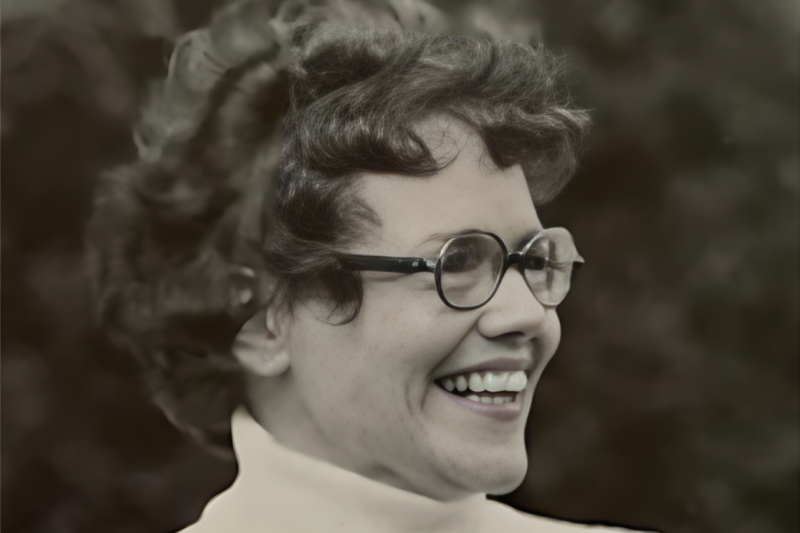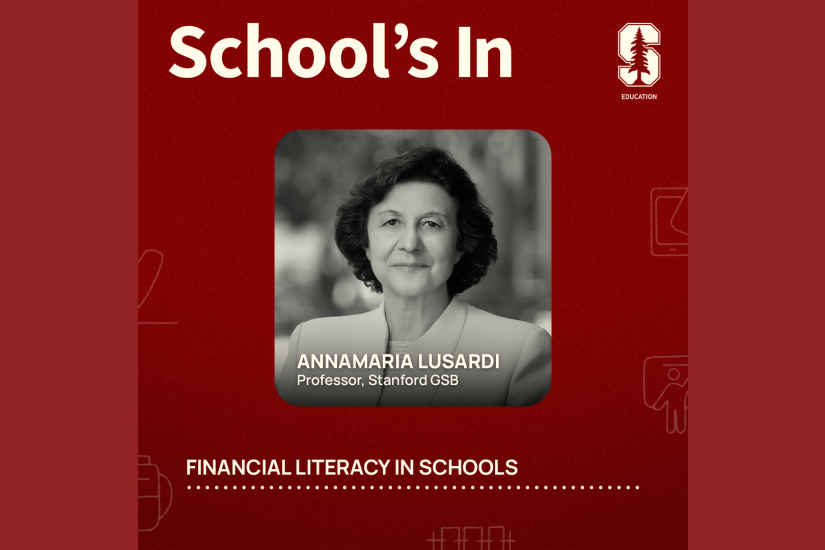
Stanford tech expo to showcase latest digital learning innovations
Stanford, CA – Stanford University School of Education's Learning, Design and Technology (LDT) program will host its Master's Project Exposition on Friday, July 30 from 4 to 7:30 p.m. at Wallenberg Hall, Building 160 on the Main Quad on the Stanford campus. The public is invited to meet with students about their projects that demonstrate the latest designs of technology-based learning tools and environments.
The annual expo represents the culmination of a year's worth of study devoted to the creation of breakthrough technology designs that enhance student learning. The projects include Jacob Klein and Gabriel Adauto's "Motion Math: Embodied, Mobile Learning," a recent finalist for the 2010 Cooney Center Prizes for Innovation in Children's Learning, sponsored by The Joan Ganz Cooney Center at Sesame Workshop. "Motion Math" is a math skills game utilizing a mobile device's tilt function, where players aim a bouncing ball containing a fraction to its current position on a number line.
Other designs can be used in the classroom and everyday life, including Ashley Evans' "SaySo," an online game for learning languages through storytelling; Tony Schloss' "21stCenturyLit.org," a reading and writing curriculum recently distributed to participants of the 2010 International Society for Technology in Education Conference that encourages students to become critical consumers and responsible producers of media on the web; and Tanya Flores and Keith McDaniel's "LocaNom," a mobile application that promotes sustainable food consumption and nutritional efficacy. Projects also incorporate a variety of technologies, such as Tina Lee and Yaa Opare's "Red Balloon," a mobile application that provides an easy way for San Franciscans to communicate with City-level government officials, and Janelle Austin's "TINK*," a handheld, interactive discussion aid that teaches kids how to discuss literature. These and eight other master's projects will be featured at this year's Expo.
"Students in the LDT program acquire unique knowledge and skills, applying what is known about how people learn to the design of interactive educational media and experiences," says Milton Chen, executive director, emeritus of The George Lucas Educational Foundation and an LDT advisory board member. "The LDT projects illustrate how this cohort is mastering 21st Century skills of organizing knowledge to create learning environments using new technologies—skills very much in demand in business, education, and the nonprofit world."
Industry professionals, LDT alumni and advisory board members, and faculty from departments across Stanford will evaluate the students' projects in the closed presentation portion of the event. Reviewers include representatives from IDEO, LeapFrog, Playfirst, Rocketship Education, Sesame Street Workshop, Hewlett Foundation, IMVU, Next Vista for Learning, TeachAids, Togetherville, Linden Lab, Catalista, EPAA, as well as Stanford's School of Education, Institute of Design, and the Linguistics department.
Other learning designs featured at the Expo include Brady Fukumoto's arithmetic-focused video game "Equatia," which was selected by Google as one of the top projects at Stanford's June showcase of computer science students' senior projects, and Katy Kavanaugh and Ricardo Flores's "Screen 360," a prototype film festival extending the benefits of international cinema for young audiences through emerging media. Expo visitors can also check out Christopher Warner, Jaehi Jung, and Amrita Thakur's "Isles of Time," a digital journal empowering 8 to 11 year-olds with a stronger sense of self through the visualization of autobiographical memories; and Catherine Harrell's "Machines of Perception," an interactive science game for learning about the structure and function of perceptual systems. Additional projects address math, science, and design topics in new ways, including Joseph Makokha's "A Mathic Touch," a math collaboration tool for small groups of middle school students based on touch-screen technology; Coram Bryant and Paul Franz's "timÆus," a web-based visualization tool and curriculum supporting dialogue around the scientific process; Ben Grossman-Kahn's "d.Coach," a digital coaching and collaboration tool for design thinking projects; and, Ignacio Schiefelbein's "Pizzaioli," a scenario-based math learning game for fourth graders that sets the player in the role of a pizza restaurant manager.
Established in 1997, Stanford's LDT master's program prepares professionals who will bring powerful contemporary ideas about learning to the design of technology-based products, settings, and social arrangements for learning. The program provides students with an intensive year of study in the basics of learning, design and technology, including a yearlong internship and course work. Students who complete the one-year program earn the degree of Master of Arts in Education. For more information about the LDT program, visit http://ldt.stanford.edu. For directions to the expo, see http://campus-map.stanford.edu/index.cfm?ID=01-160.



